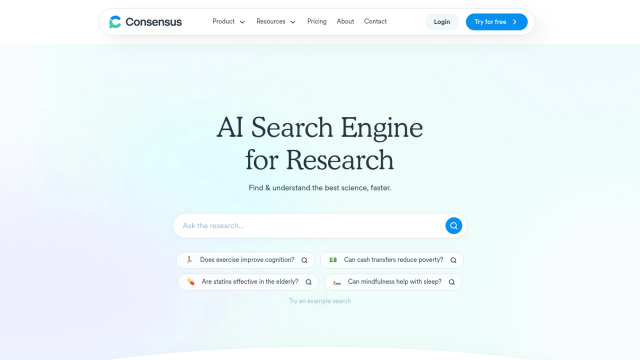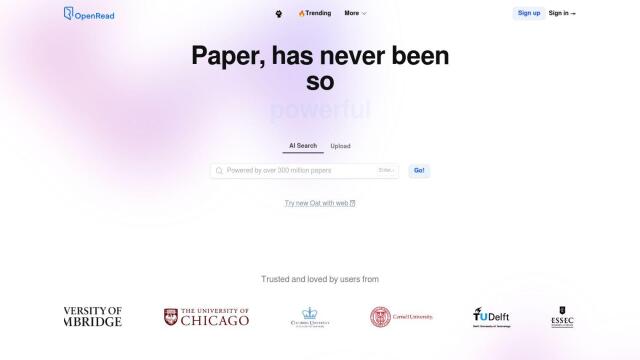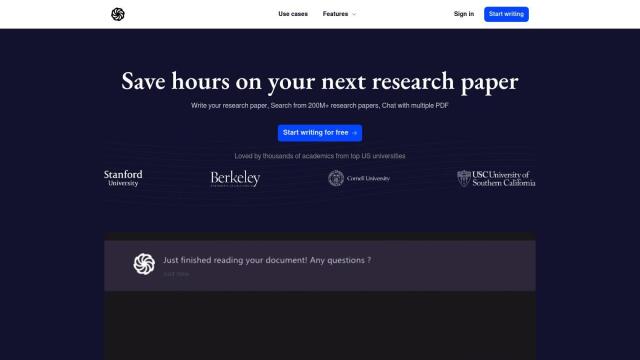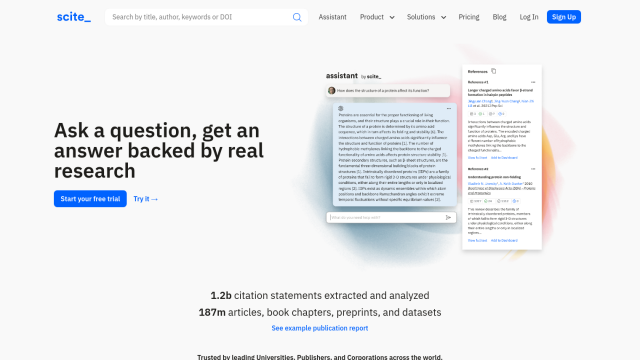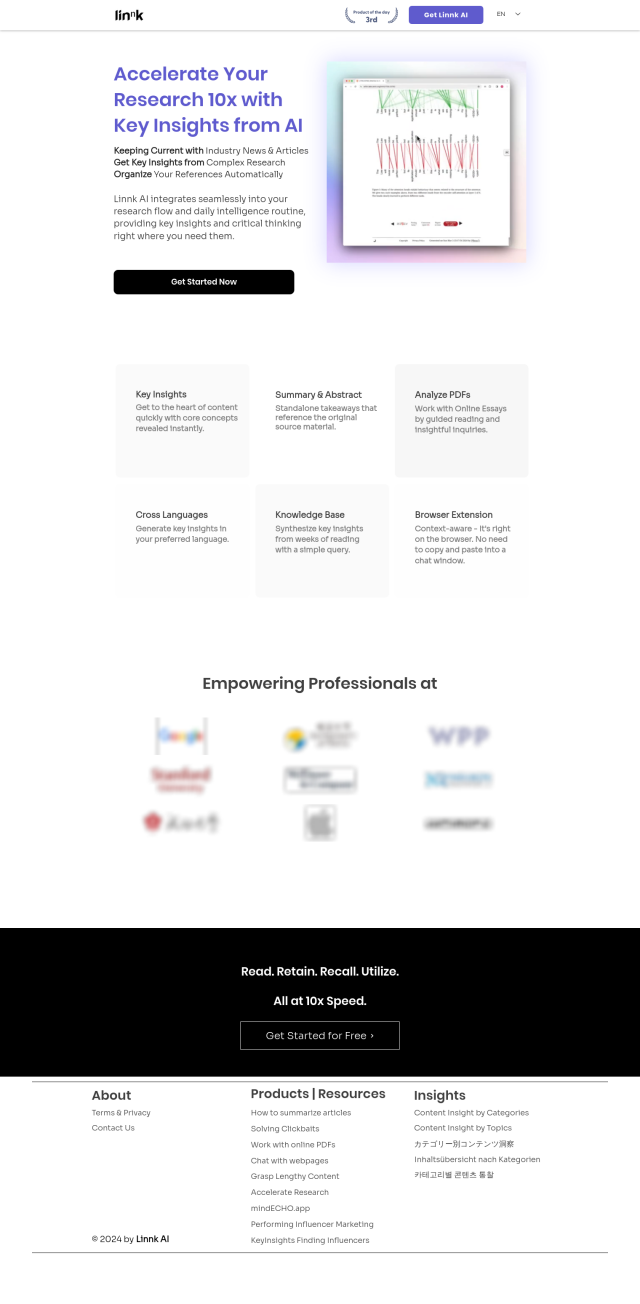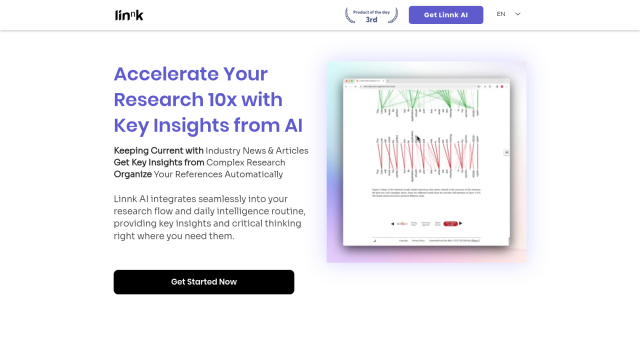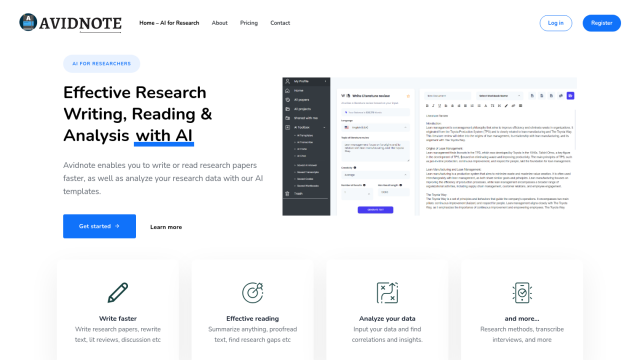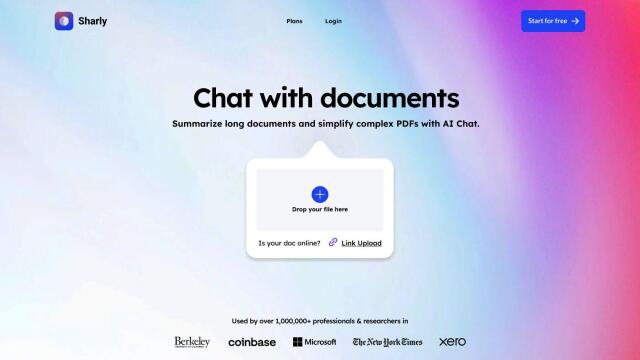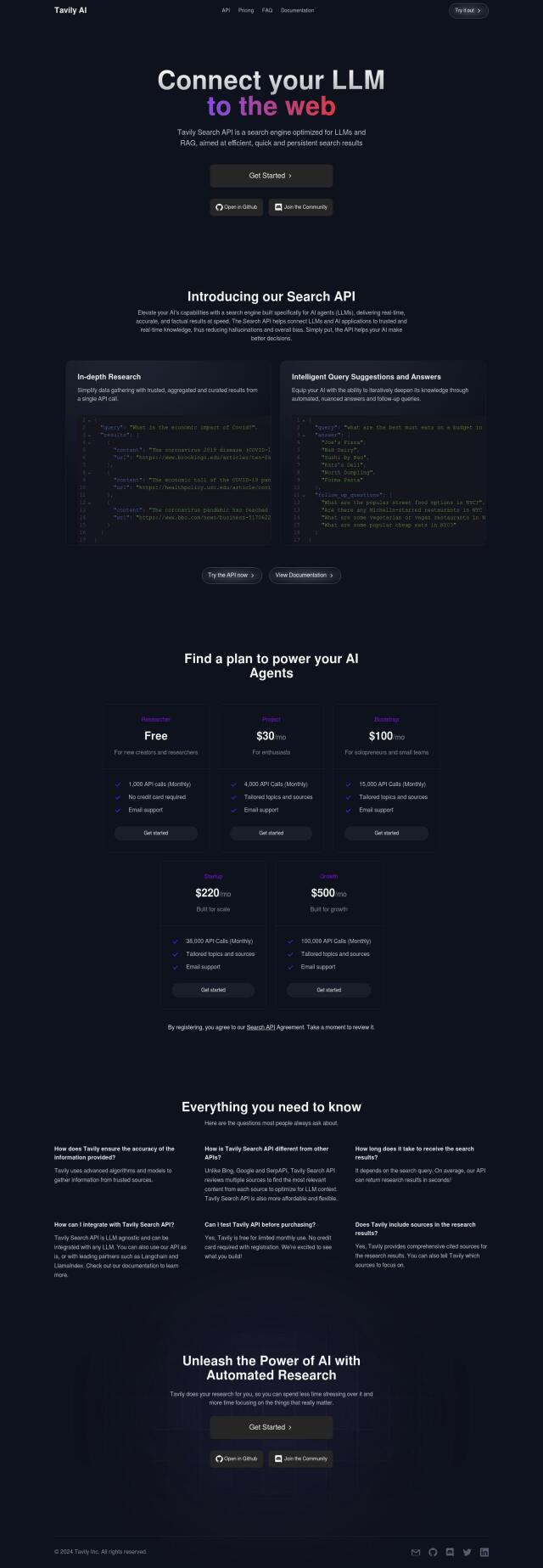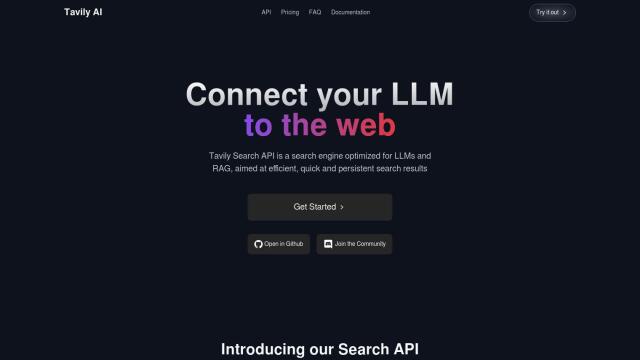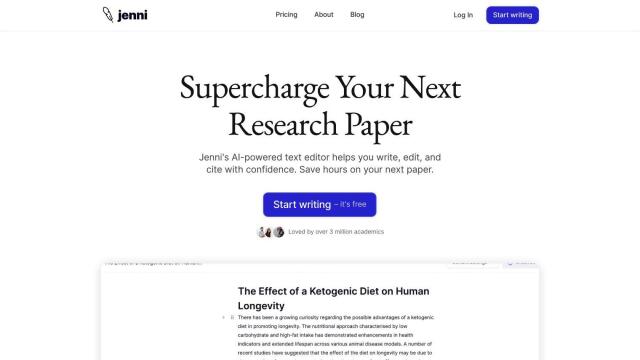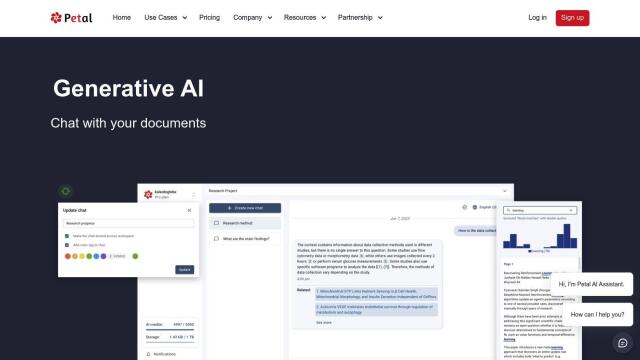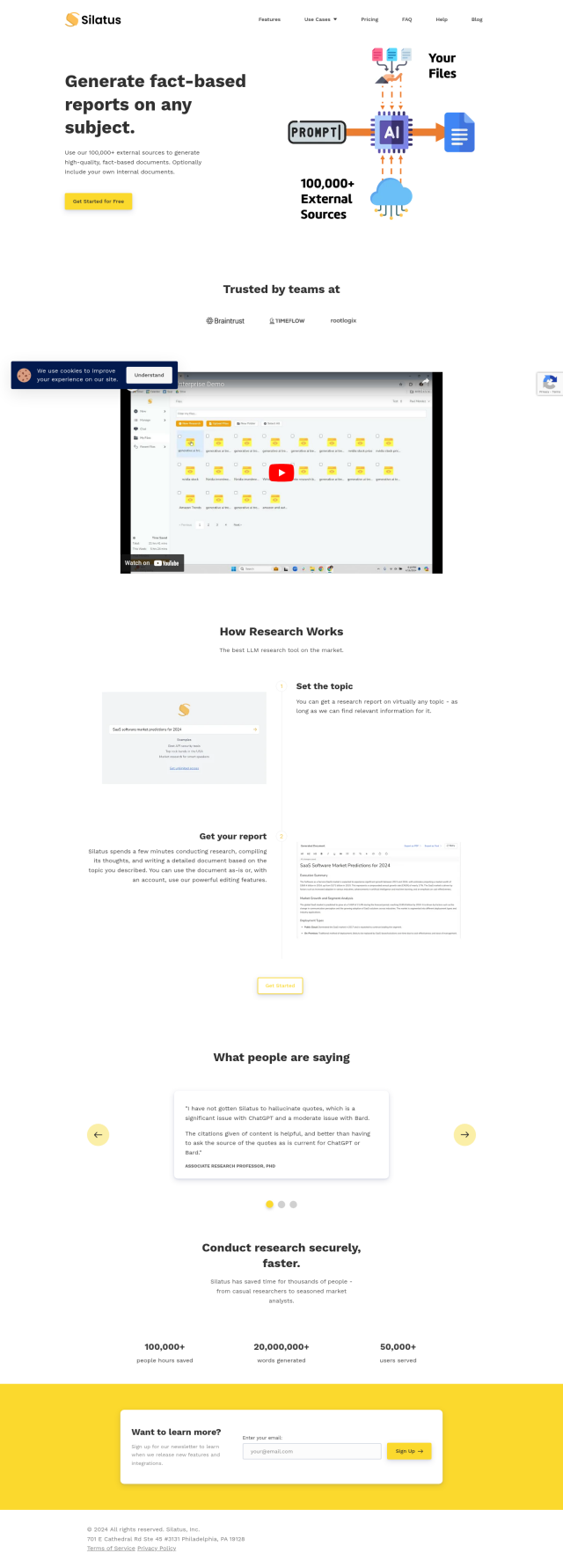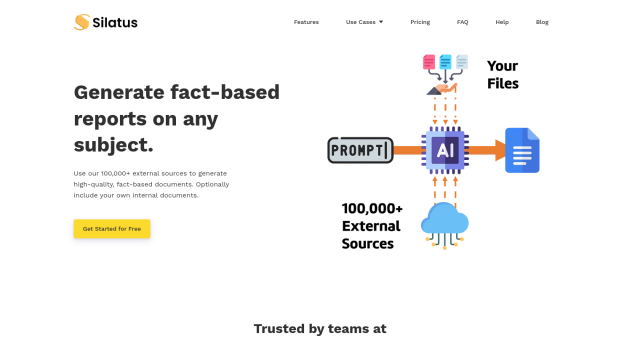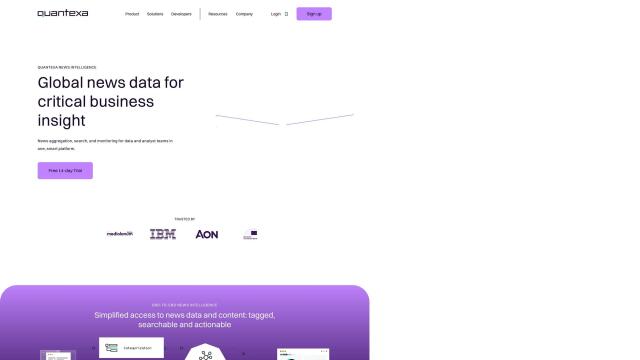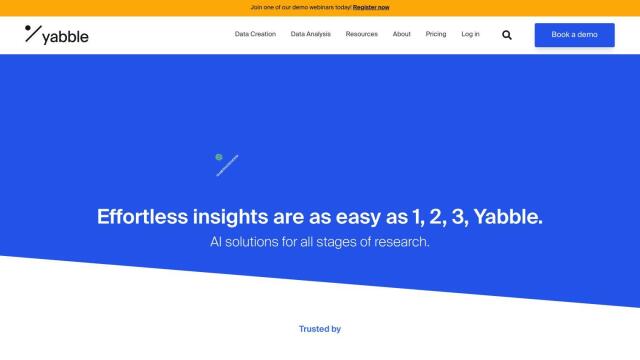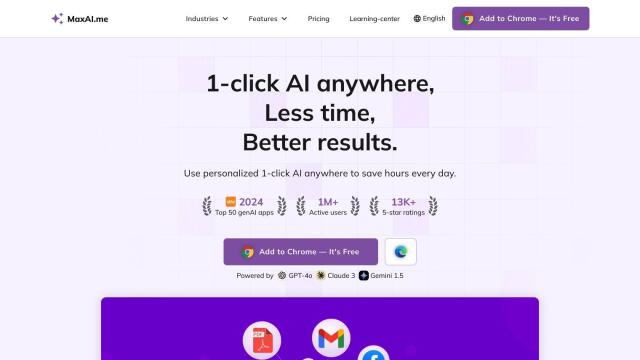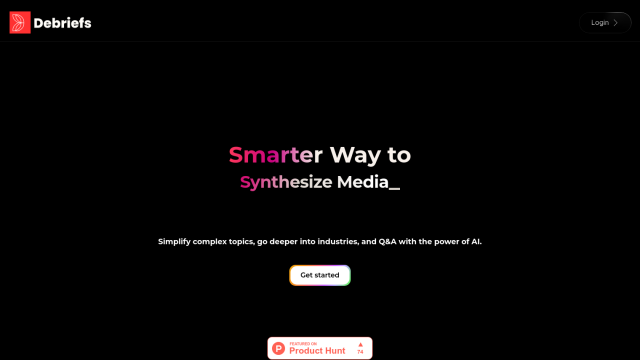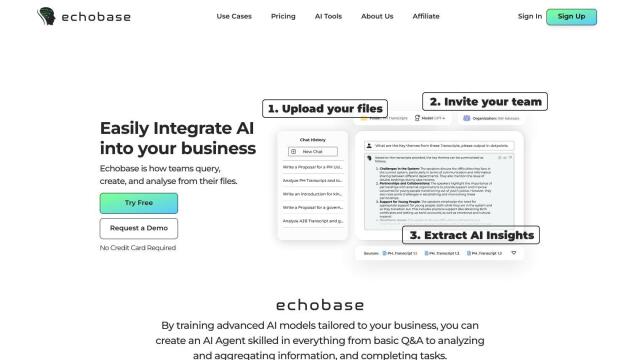Question: Can you recommend an AI-powered platform that accelerates research by providing fast access to relevant journal articles?

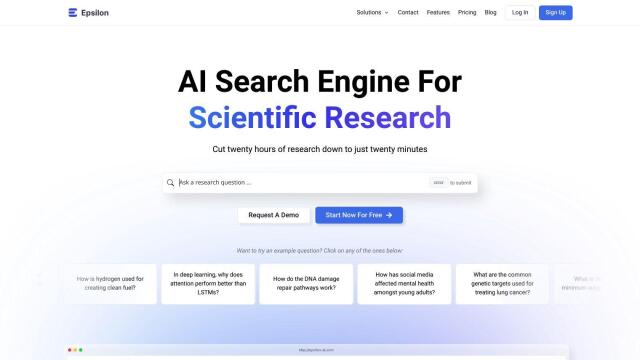
Epsilon
If you're looking for an AI-powered platform to speed up your research by giving you fast access to relevant journal articles, Epsilon is a good option. The service uses GPT-4 to summarize material and generate insights from a corpus of more than 200 million academic papers. Features include Investigate for summarized answers with inline citations, Search for organizing publications, Validate for assessing claims, and Synthesize for deeper summaries. Epsilon has been used by more than 30,000 researchers so far and offers several pricing levels, including a free tier.
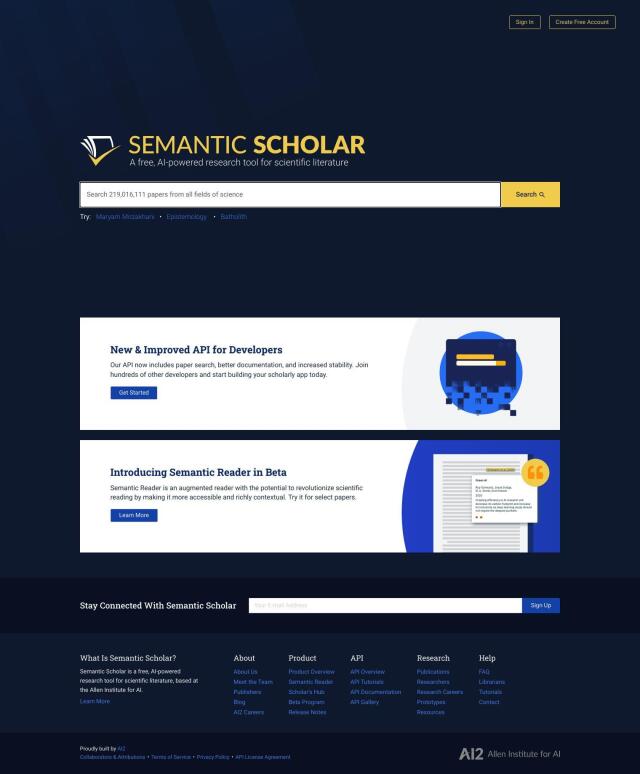
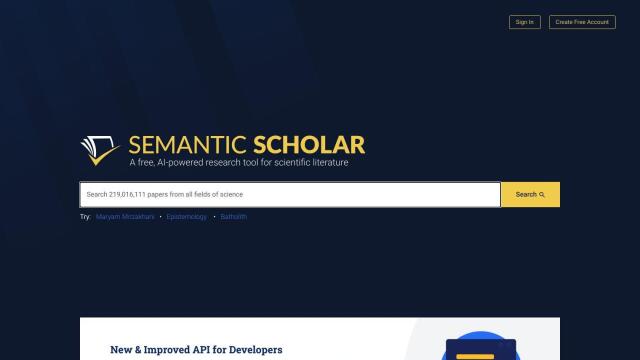
Semantic Scholar
Another good option is Semantic Scholar, an AI-powered research service that's free to use and offers a database of more than 219 million papers across all scientific fields. It's got a lot of filtering options, brief summaries (TLDRs), tools to cite papers, organize your research and suggest papers based on your interests. Semantic Scholar also can send automated email alerts and has a dedicated dashboard to track your research, so it's a good all-purpose tool for academic researchers.

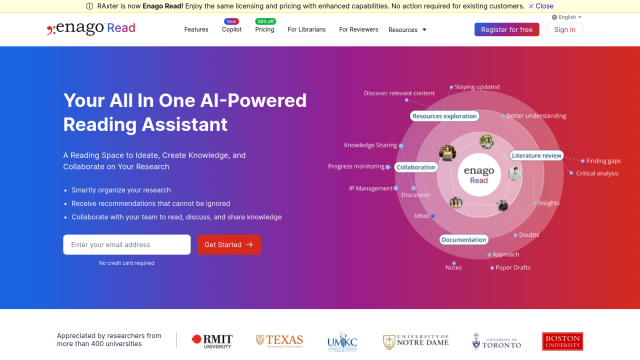
Enago Read
If you need a more collaborative environment, Enago Read is a full-featured AI-based research assistant. It includes a Reading Space for ideation and collaboration, Smart Organization for project management, Personalized Recommendations, and Summary Generation. The service is designed to help academic researchers find, read and understand papers more effectively, with tiered pricing options for different needs.
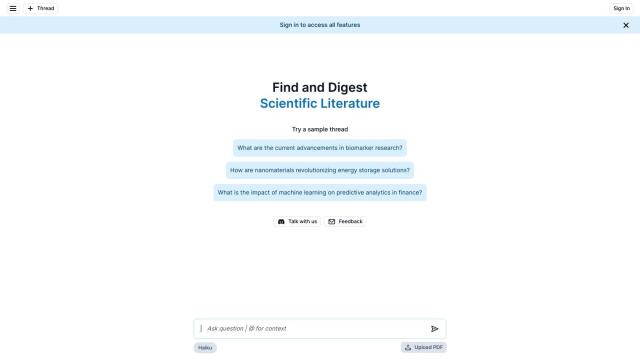
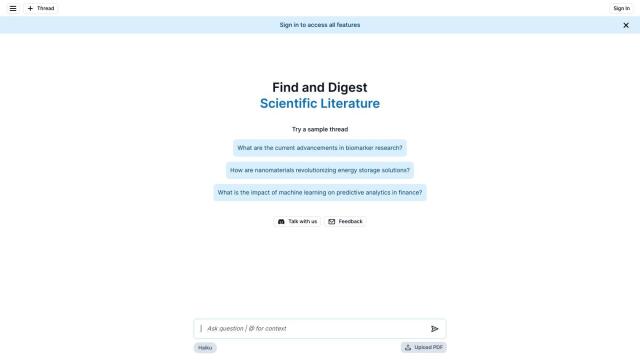
Lumina
Also worth a look is Lumina, which is good for researchers who want to accelerate their work without sacrificing quality. It uses multiple AI models to generate authoritative and up-to-date research results based on a corpus of more than 1 million journal articles. Lumina is designed to get you the information you need as quickly as possible, which is useful if you're trying to digest a lot of academic literature.



